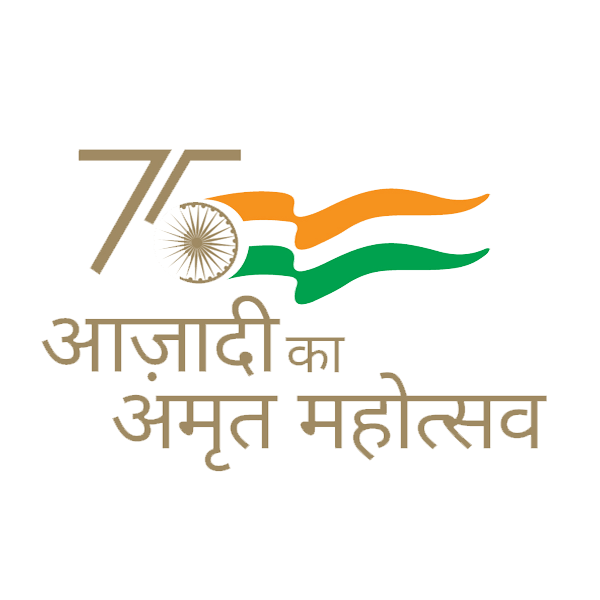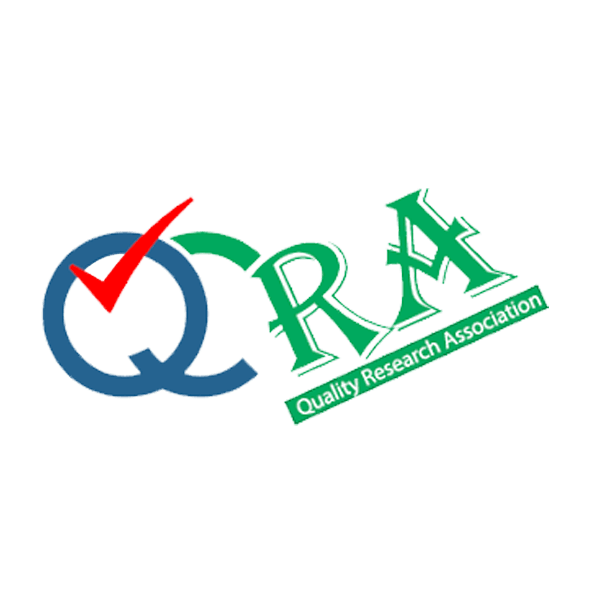What is an ISO Certified Cultural Board?
An ISO certified cultural board is an institution that has been officially recognized for maintaining international standards in quality management and learning services. In India, where traditional arts, music, dance, and handicrafts are deeply valued, an ISO certification plays a critical role in ensuring that cultural education is delivered in a structured, reliable, and outcome-oriented way.
📘 What is ISO?
ISO stands for the International Organization for Standardization. It is an independent, non-governmental international body that develops standards to ensure the quality, safety, and efficiency of products, services, and systems across all industries—including education.
ISO standards are followed by organizations in over 160 countries, including India. For educational institutions—especially those outside the formal academic system—ISO certification builds trust and credibility.
🔍 Which ISO Certifications Are Relevant to Cultural Education Boards?
Two major ISO standards are relevant for a cultural education board:
ISO 9001:2015 –
This is a Quality Management System (QMS) standard. It ensures that the board follows a clear process in managing student records, conducting exams, issuing certificates, and ensuring student satisfaction.
✅ It focuses on consistency, transparency, and improvement in organizational operations.
ISO 29993:2017 –
This ISO standard is specifically designed for learning services outside formal education, such as cultural training, skill development, or vocational education.
✅ It covers the design, development, and delivery of non-formal education programs, ensuring that courses are effective and learner-focused.
🎓 Why Do Cultural Boards Need ISO Certification?
Cultural education boards often function outside the regular school/college system. They train students in Indian classical arts, folk traditions, fine arts, and more. However, without formal educational status, their credibility is often questioned.
This is where ISO certification makes a big difference:
- ✅ Builds Trust – Parents, students, and institutions are more likely to join or affiliate with an ISO-certified board.
- ✅ Global Recognition – ISO is an international standard, so certifications from ISO-certified boards have wider acceptance.
- ✅ Structured Learning – ISO 29993:2017 ensures that cultural education programs are well-designed, consistent, and outcome-based.
- ✅ Improved Administration – The institution becomes more efficient in managing exams, centers, results, and feedback.
- ✅ Support for Expansion – Helps boards affiliate with schools, NGOs, and international platforms.
🏛️ Sursangam Kala Kendra – An ISO Certified Cultural Education Board
Sursangam Kala Kendra is a leading example of an ISO certified cultural board in India, recognized under:
- ✅ ISO 9001:2015
- ✅ ISO 29993:2017
- ✅ Registered under NGO Darpan (NITI Aayog)
- ✅ Empanelled with MSME, Ministry of Handicrafts, and other government bodies
It conducts national-level examinations in Indian classical music, dance, arts, and handicrafts and offers certifications that are valid across India and even globally. The ISO certification ensures that every student benefits from a standardized, credible, and quality-focused education system.
📈 Key Benefits of ISO Certification for Cultural Boards
| Benefit | Description |
|---|---|
| 🎯 Quality Assurance | Ensures high standards in curriculum, teaching, and certification |
| 🌐 Global Trust | ISO is internationally accepted, adding global value to the certificate |
| 📚 Structured Learning | Courses follow clearly defined goals and assessments |
| 🧑🏫 Professional Training | Teachers and assessors follow training guidelines |
| 💼 Institutional Growth | Easier to partner with schools, NGOs, and government schemes |
| 🔐 Student Confidence | Learners trust ISO-certified boards over unregulated ones |
🧾 Conclusion
An ISO certified cultural board represents a perfect blend of traditional knowledge and modern educational standards. It helps ensure that India’s rich cultural heritage—be it music, dance, painting, or crafts—is taught in a systematic, trustworthy, and recognized way.
Organizations like Sursangam Kala Kendra not only carry the torch of tradition but do so with global standards that uplift learners, empower artists, and preserve Indian heritage for generations to come.
If you are looking to join or affiliate with a cultural education board,














